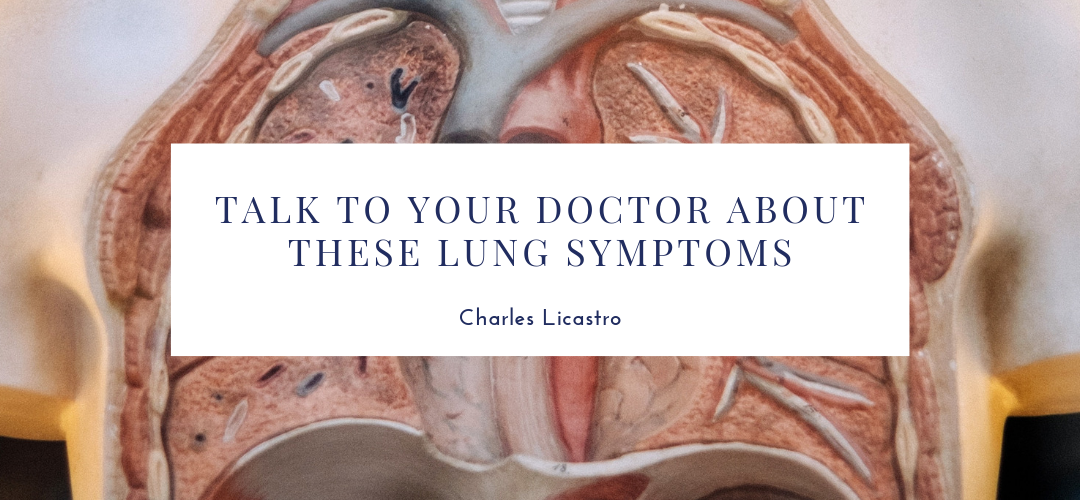There are a great number of diseases that can cause the body to fail. Of these pathogens, many of them target the respiratory system as their method of causing ill health. The most common deadly diseases that can affect the lungs include lung cancer, emphysema, cystic fibrosis, chronic obstructive pulmonary disease, and more.
If any of the below apply, don’t just shrug it off. Make a call to a medical professional and get a proper diagnosis.
Common Signs Something is Wrong
Chronic Chest Pain
While sudden chest pains aren’t always an indicator of something overly harmful, there are cases where this can be an immediate health issue. Other than sudden pains, pain that lasts longer than a week may be the first sign of a serious medical condition.
Medical Conditions Related to Chest Pain
- Pleuritis: An inflammation of the lungs or chest caused by viral or bacterial infections. The pain is commonly described as sharp and is accompanied by shortness of breath.
- Pneumonia: A type of lung infection, people suffering from this often speak of a deep ache in their chests combined with fevers and shakes.
- Pneumothorax: While most often caused by bodily trauma, lungs can sometimes spontaneously deflate on their own. Symptoms include sudden chest pains, a dry cough, and shortness of breath.
Coughing
While seemingly harmless, a cough that won’t go away likely points to an infection or damage to the lungs. Instead of hoping that it goes away on its own, seek the help of a medical professional.
Medical Conditions Related to Coughing
- Influenza: Coughing that can last three weeks or more is a main symptom of the flu beyond a fever and a runny nose. While it often isn’t life-threatening in adults, children and the elderly are in greater danger of permanent harm.
- Hay Fever: This common condition caused by allergies can mask itself as a common cold. Patients often complain of a dry cough on top of other flu-like symptoms.
- Bronchitis: An infection that inflames the airway, coughing is generally accompanied by a fever. This disease will generally last for a week or two and can be dangerous if left untreated.
- Pulmonary Embolism: This is a possibly life-threatening condition where a blood clot makes its way into the lungs. Signs can include coughing and a sudden shortness of breath.
What Information to Bring to a Doctor’s Appointment
There are four simple documents to bring when going to get a medical checkup.
- A copy of a person’s medical records.
- A list of any prescribed medicines, over the counter medicines, herbs, supplements, and other treatment methods.
- The professional information of other healthcare providers and the reasons they were sought.
- Record of any symptoms and any treatment methods that have previously helped.
Lung problems are nothing to brush aside, as even a minor symptom can expand into a larger issue. If your symptoms persist or get worse, contact your doctor or go to an urgent care center to get checked out.

